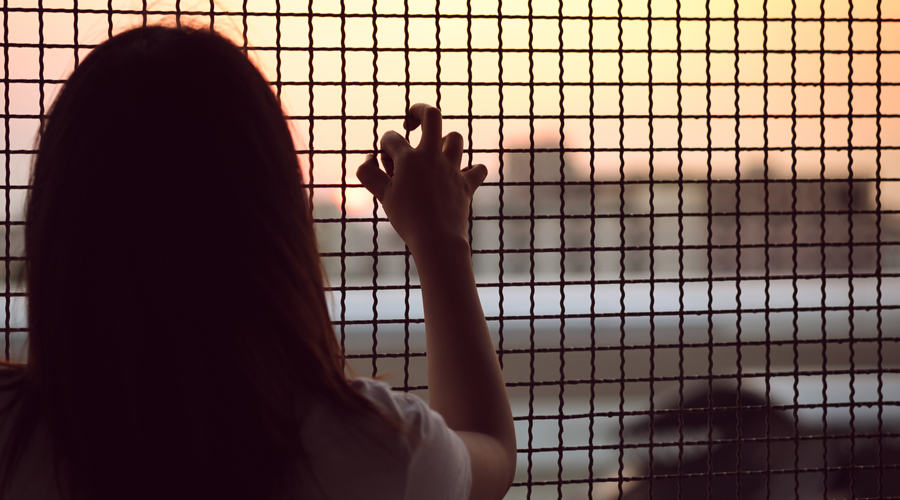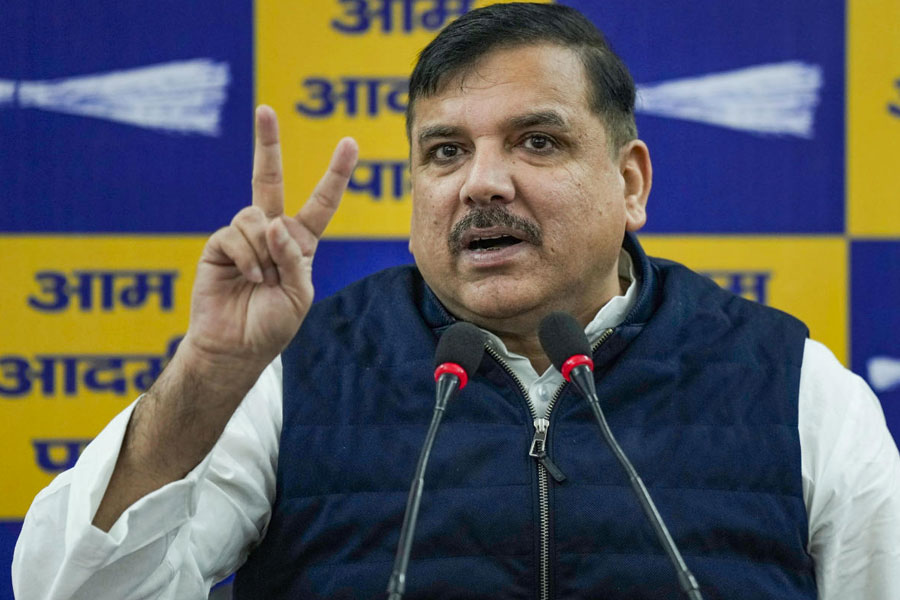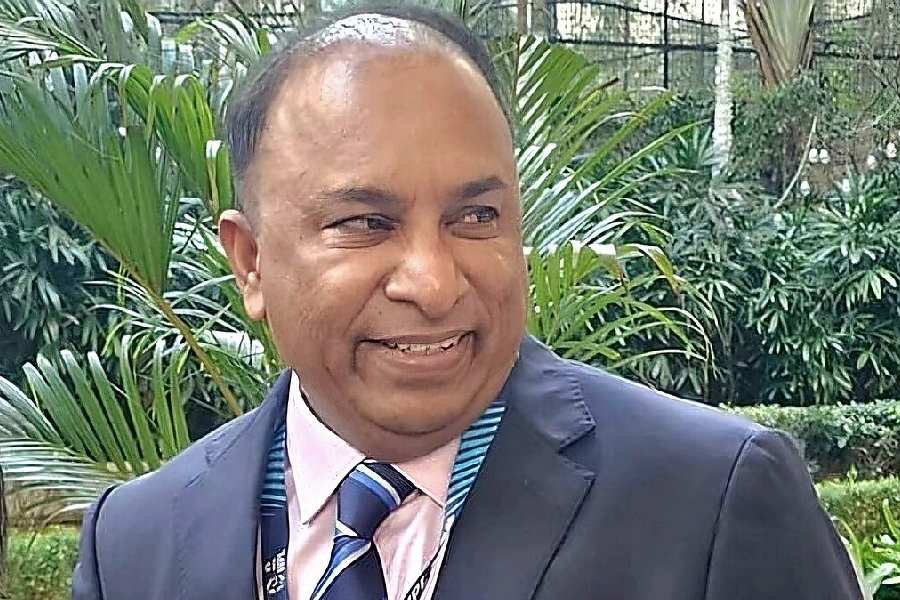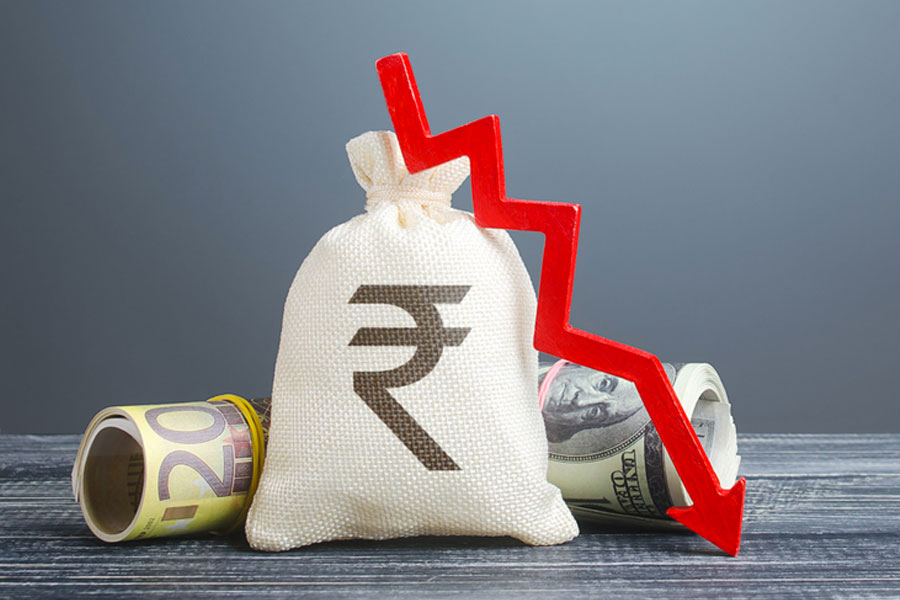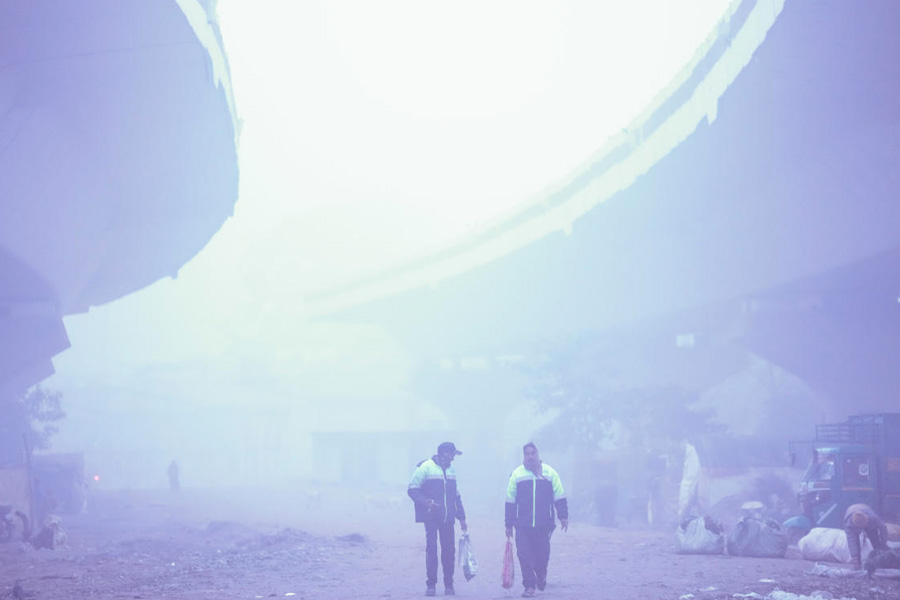With her school closed for over a year and little to do at home, 15-year-old Shahida (name changed) started spending more time on social media.
Soon, the teenager was in a relationship with a 24-year-old man, Aadil, who contacted her on a social media site. He told her that he would send her to a good school and look after her well if she married him. Eventually, he managed to persuade the girl to elope with him.
With her family struggling financially since her father lost his job during lockdown, Shahida was excited about the good life that Aadil promised to give her.
At the end of May, when Aadil came to take Shahida with him, child representatives of the Village Child Protection Committee alerted a social worker who stopped the wedding in time.
"Aadil made me believe that I could go to a good school if I married him. He said that would also make my school admission easier," said Shahida, who lives with her family in West Bengal's South 24 Parganas district.
"I agreed to his proposal as I hoped to have one square meal a day. I never thought that there might be danger lurking for me," she said.
Rita Paramick, a frontline child protection worker with Save the Children, who stopped Shahida's wedding, said Shahida's is one of the many cases of traffickers using social media to target children, who are spending a lot more time online as schools are closed and they can't even go out to play.
"These days, traffickers have changed their modus operandi. Social media is one platform through which they trap young children like Shahida," she said.
"Children have been out of school for more than a year now and girls like Shahida, who are living in extreme poverty, are always soft targets for predators," she added.
Mamata Sardar, a youth advocate for Save the Children in West Bengal, said girls are increasingly being lured into marriage on social media.
"As most children are now at home and attending classes online, they're glued to social media," she said.
Sardar said she has stepped up vigilance as parents of many children have lost their jobs during the pandemic, leading to an increased possibility of child trafficking.
She said she has counselled at least three girls who were almost ready to marry men who contacted them on social media.
"Since the second wave of the pandemic, I have intervened to stop five child marriages and convinced the girls' parents to let them finish their education before they marry them off," she added.
In one such case, the unemployed father of a 15-year-old girl fixed her marriage so that he would have one less mouth to feed. He didn't even consult his wife.
When the girl's mother found out, she informed a frontline child protection worker of their village in South 24 Parganas. The frontline child protection worker made the girl's father understand that marrying her before the age of 18 was illegal and that he should let her continue her studies.
Anindit Roy Chowdhury, director - Programmes and Policy, Save the Children, said child marriages have risen sharply during the pandemic and are even being held in villages that have not seen any in years.
"Child marriage is extremely harmful to girls. Not only does it mean that they are unable to continue their education but also poses danger to their physical and mental health," he said.
PTI

